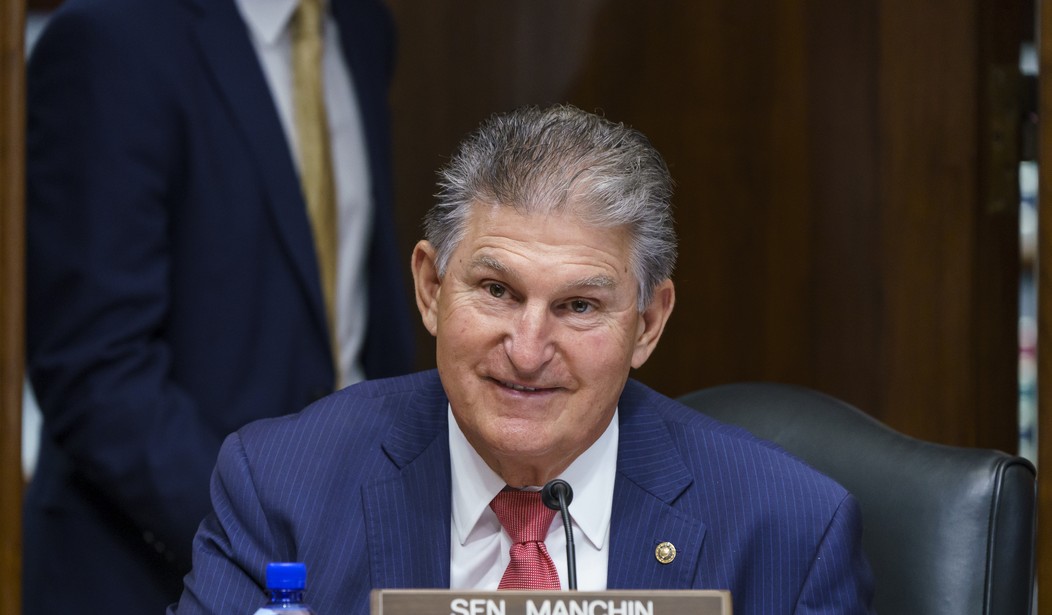On Saturday, New York Times opinion columnist Ross Douthat published a piece titled “How Joe Manchin Can Fix the Filibuster.” Douthat argues that lowering the cloture threshold to end a filibuster from 60 to 55 votes is the only way to “fix” the current debate plaguing productivity in the Senate.
This debate pits anti-filibuster progressives against pro-status quo Republicans—joined by Senators Joe Manchin (D-WV) and Kyrsten Sinema (D-AZ)—on the other. Some moderate Democrats, such as Jeanne Shaheen (NH) and Jon Tester (MT), have passively rejected progressives’ efforts by not commenting publicly on any filibuster proposals.
Manchin, who was lobbied by journalists and civil rights activists, affirmed his opposition to filibuster reform once and for all last weekend. Quite bluntly, he stated, “I will not vote to weaken or eliminate the filibuster.”
Sinema’s most recent comments on the filibuster have been less conclusive, with the Arizona senator suggests that the solution to Senate gridlock is simply for members to “change their behavior.”
Sinema could jump at the chance to reform the filibuster along the lines of Douthat's proposal, and if she manages to strike a deal with Democrat leadership, she could signal loyalty to party leaders who suggest she's disloyal to the caucus. If Manchin sticks to his guns as he has thus far, any reduction in the 60 votes required to end a filibuster remains unlikely.
Any movement on Manchin's part would directly break his promise to West Virginians that he would not “weaken or eliminate” the filibuster. Last November, President Donald Trump carried every county in the Mountaineer State, as well as nearly 68.6 percent of the total vote. Surely, Manchin’s voters would remember his big flip and vote him out in 2024.
Recommended
Other moderates, including Sens. Chris Coons (D-Del.) and Angus King (I-Maine), would have to ponder before eliminating it, as doing so could come back to bite them if Republicans win back the Senate in next year’s midterms. After all, they joined 26 other current Democratic senators in signing the Bipartisan Preserve Filibuster Act back in 2017, when Republicans controlled both houses of Congress. If they vote to weaken, Coons and King — along with Manchin and Sinema — would be coping with a very legitimate question: What changed?

























Join the conversation as a VIP Member